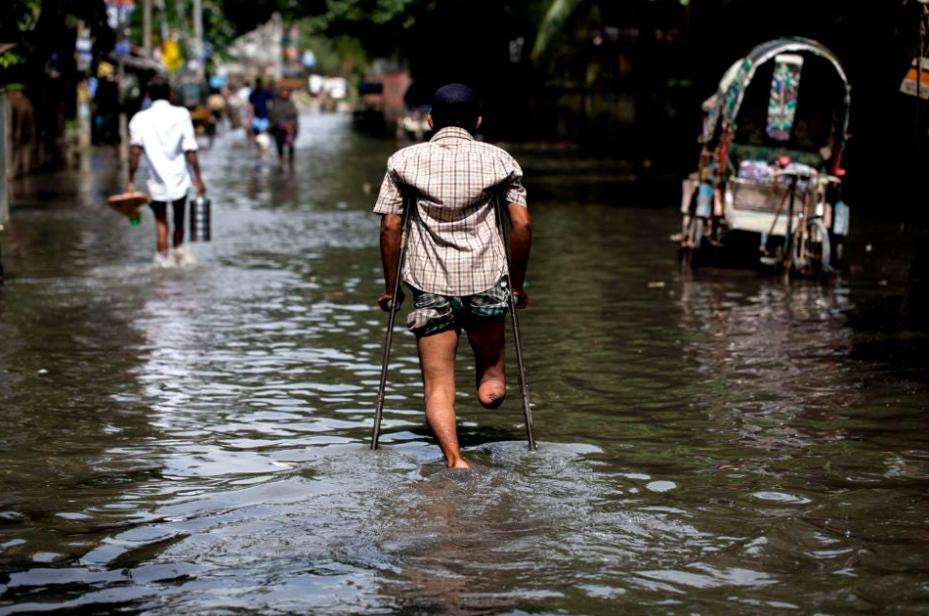Climate change is a global issue that affects everyone, but its impact is often felt more acutely by marginalized communities, including people with disabilities. Unfortunately, most climate policies worldwide do not consider the rights of people with disability insurance law.
This is a significant oversight, as individuals with disabilities are often disproportionately affected by the impacts of climate change, including extreme weather events, displacement, and food and water shortages.
For example, people with disability rights law may have difficulty accessing emergency shelters or evacuation centers during extreme weather events and may also be more vulnerable to injury or illness. Additionally, people with disabilities may face barriers to participating in the workforce, making it more challenging to adapt to changes in the labour market caused by climate change.
Despite these challenges, people with disability insurance law are often overlooked in climate policy discussions. This is partly due to a lack of awareness of the unique needs of individuals with disabilities and a lack of disability-inclusive language and data in climate policy documents.
It is essential that disability laws, such as the Canadian Human Rights Act and the Accessible Canada Act, are taken into account when creating and implementing climate policies, as it will ensure that people with disabilities are not left behind in the fight against climate change. Disability law firm and their expert lawyers can provide guidance and advocacy for the rights of people with disabilities in climate change policies and ensure that they are inclusive.
Climate policies should also be designed to promote the inclusion of people with disabilities in the workforce, such as by creating green jobs accessible to people with disabilities. Additionally, climate policies should consider the unique needs of individuals with disabilities in emergency preparedness and response planning.
In conclusion, climate change is a global issue that affects everyone, but its impact is often felt more acutely by marginalized communities, including people with disabilities. However, most climate policies worldwide do not consider the rights of people with disabilities. Therefore, it is essential that disability laws, such as the Canadian Human Rights Act and the Accessible Canada Act, are taken into account when creating and implementing climate policies to ensure that people with disabilities are not left behind in the fight against climate change.
